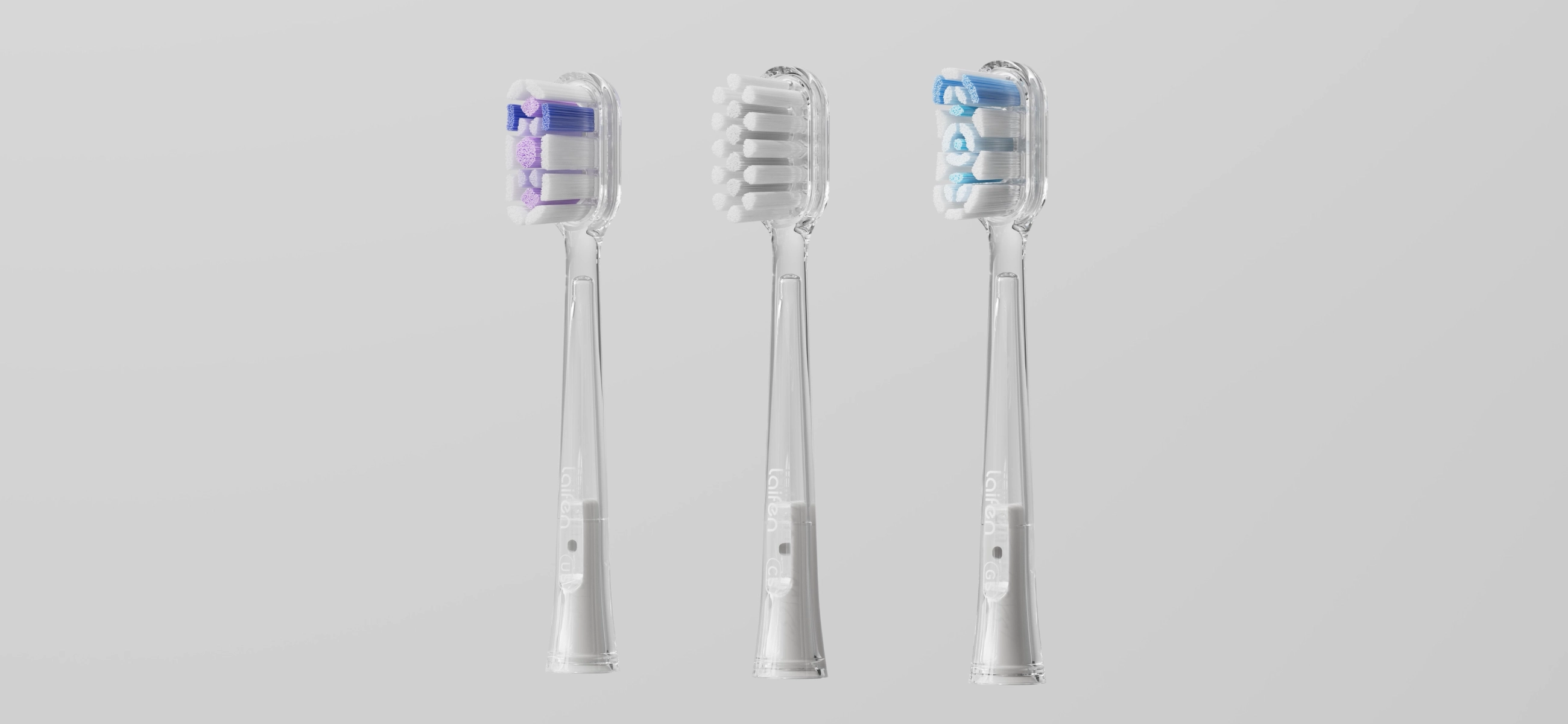
In this article
Essential oils for tooth pain can be a viable and successful way to treat tooth pain or discomfort. From clove to lavender, we introduce some of your options and explain why essential oils can help to relieve pain in your mouth as part of a holistic approach to dental care.
How do we define it is a good oil to solve your tooth pain?
Depending on the severity of the pains and aches that you're experiencing in your teeth, you might be able to alleviate the symptoms with some essential oils.
In a nutshell, essential oils are those obtained from plant extracts, including the root, flower, fruit, leaf, or stem. In total, there are more than 100 essential oils, some of which can be used to alleviate symptoms of toothache.
Disclaimer: Please remember to seek professional dental care if you have persistent dental pain - essential oils can only help to a certain extent.
5 best tooth pain oils you do not want to miss!
With this in mind, let's take a look at some of the essential oils that might alleviate some of your tooth pain or discomfort:
1. Clove oil
Extracted from clove flower buds, clove oil is high in a substance called eugenol. This chemical compound has pain-relieving properties, which is why clove oil is highly regarded as an essential beneficial oil for tooth pain.
Additionally, clove oil is known to have antibacterial properties, which can help to reduce the impact of bad bacteria on the health of your teeth. Though there are limited scientific studies supporting clove oil's use as a home remedy, it's one of the most widely used essential oils for tooth pain, and it's a good starting point.
How to use clove oil for tooth pain
Clove oil is one of the easiest essential oils to use. You can rub it directly onto the affected tooth, or you can dilute it slightly with water or olive oil. For best results, apply clove oil to your tooth 2-3 times each day until you notice an improvement.
2. Peppermint oil
Taken from the leaves and flowers of the peppermint plant, peppermint oil is another viable oil to use for tooth pain. You might be familiar with menthol-based products such as menthol toothpaste, which are widely available at pharmacies and supermarkets.
One of the reasons that peppermint can be effective for tooth pain is that it helps to mask pain, providing short-term relief. What's more, peppermint oil can reduce biofilm on teeth, which is why it is commonly added to toothpaste and mouthwash.
How to use peppermint oil for tooth pain
One of the easiest ways to use peppermint oil for your teeth is to buy a peppermint tea bag. You can then add water to the bag and then use a cotton bud to soak up the peppermint after it has brewed. Apply this to your affected tooth a few times a day.
3. Tea tree oil
Tea tree oil can potentially help with both tooth and gum pain in the short term. Also known as melaleuca oil, tea tree oil can potentially control plaque and it can also relieve pain when applied correctly.
Given that tea tree oil is known for combatting plaque and improving dental hygiene, it can be safely used to try and treat tooth pain. It's best to opt for products that contain tea tree oil, as opposed to using it directly as a treatment.
How to use tea tree oil for tooth pain
Look for products - like toothpaste and mouthwash - that contain tea tree oil as starting point. If you have the essential oil at home already, you can dilute it and add a small amount to a cotton bud to treat the affected tooth.
4. Lavender oil
Many people are familiar with the potential health benefits of lavender when it's used as an aromatherapy essential oil. But it is also becoming a popular oil for tooth pain, thanks to its potential pain-relieving benefits.
Specifically, lavender contains a substance called linalool, which boasts both antibacterial and antifungal properties. As a result, it can be helpful in reducing infections and can also fight cavities.
How to use lavender oil for tooth pain
The best way to use lavender for tooth pain is to place the oil in a diffuser. You can then inhale the scent.
5. Coconut oil
Coconut oil is seen as a DIY home remedy for tooth pain. This is because it can be effective at removing bacteria and neutralizing acidity in your mouth.
Some people gargle with coconut oil and salt water, which can be an effective short-term pain reliever. However, you need to get the dosage right, as using too much coconut oil can potentially lead to digestive problems if you swallow it.
How to use coconut oil for tooth pain
You can combine coconut oil with salt water and swish the mixture in your mouth for 10-15 minutes - a tablespoon of coconut oil should do. This will help to remove harmful bacteria from your mouth.
The verdict
Each of the oils for tooth pain introduced here can be beneficial for short-term pain relief. However, we don't recommend using them as a long-term strategy.
Make sure you clean your teeth regularly with an excellent automatic toothbrush and check in regularly with a dental hygienist.
If you have long-term pain, please make an appointment with your dentist. You can learn more via our oils for tooth pain FAQs below.
FAQ
Q1: Is clove oil good for tooth pain?
Yes, clove oil can be good for tooth pain, as explained above. As for how to make clove oil for tooth pain, simply add a small amount of oil to water and use a cotton bud to apply it to the affected tooth 2-3 times per day.
Q2: Where to buy clove oil for tooth pain?
You can buy clove oil for tooth pain at pharmacies and at natural health stores. It is sold in most places where essential oils are available.
Q3: Do dentists recommend oils for tooth pain?
For short-term natural health remedies, dentists may recommend essential oils for pain treatment. However, if you have experienced pain or discomfort for a long time, you should seek an appointment with your dentist.

























